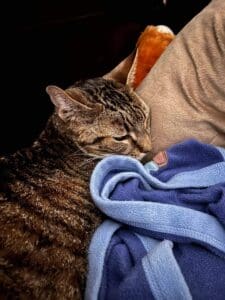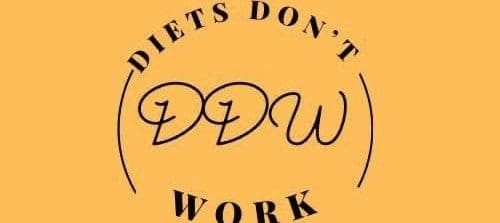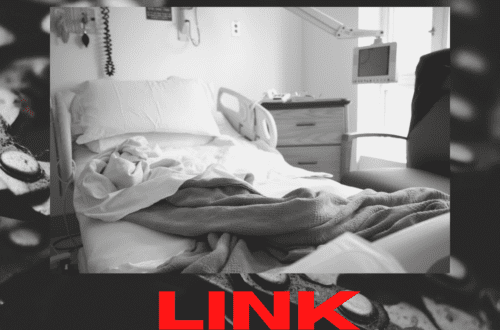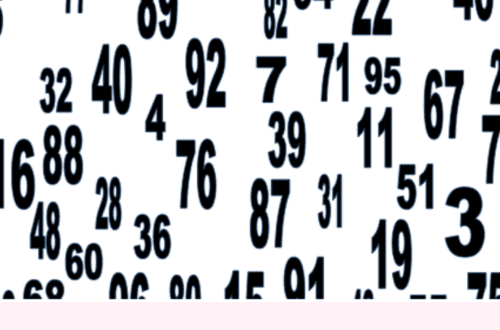Cleo and Recovery
 Cleo had lost her way at a very young age. Luckily, she was taken in by a foster. As her medical intake was processed, the foster deemed her “overweight.” Cleo moved to a new home with a new family, but she had problems with eating. She basically stopped eating and by the time someone noticed, she was severely dehydrated and had lost 30% of her body weight. She hid it well. Cleo’s guardians started giving her fluids and force-feeding her. She’d take the food unwillingly. Occasionally,she would eat a snack when it was given to her.
Cleo had lost her way at a very young age. Luckily, she was taken in by a foster. As her medical intake was processed, the foster deemed her “overweight.” Cleo moved to a new home with a new family, but she had problems with eating. She basically stopped eating and by the time someone noticed, she was severely dehydrated and had lost 30% of her body weight. She hid it well. Cleo’s guardians started giving her fluids and force-feeding her. She’d take the food unwillingly. Occasionally,she would eat a snack when it was given to her.
Cleo’s health continued to decline. By the time I got her, she was not eating at all. I continued giving her fluids and tried getting her to eat. Every time she fell asleep at night, I would be scared that she wouldn’t wake up again in the morning. In a last ditch effort, I took Cleo to the doctor and was given a medical protocol to help her. But it was too late. Cleo ended up passing in my arms.
No one saw how sick she was. Her original intake said that she was overweight, but she was still extremely malnourished. Now, the unique part of this story is that Cleo was a cat that I had for ten days. She was a loving little girl and purred every time I loved on her. She was also in some pain, as she would moan in her sleep. I was heartbroken over her condition. I tried my hardest to feed her, but she was just as determined not to eat as I was to get her to eat.
I remember being just like Cleo. Everyone was thrilled that I was losing weight and commented on how “good” I looked. What was my secret? My secret was that I had stopped eating. No one knew what I was doing to myselfbehind closed doors. I would perform when necessary, eating small amounts of something or even packing my lunch for work. I ate for show. And people just saw someone who was working to improve their “health.” Right?
My health declined, but I was still at a normal weight for a while. Soon though, my doctors became concerned about the amount of weight I had lost. Finally, they checked my labs and saw that I was slowly killing myself. By the time they sent me to a treatment center, I was very ill. In fact, upon arriving to the center, I died in their elevator. A doctor had to perform CPR right there to save me. One thing I want to point out is that I was still what would beconsidered a “normal weight.” I was not skin and bones.
I went through the program fighting my team the whole way. I kept telling them that I didn’t want to be fat. I even said I’d rather die than be fat. Does that say something about our society? Absolutely.
It’s kind of ironic that I was given the task of feeding a cat that didn’t want to eat. How I struggled to get her to eat,and how she lost the battle despite all my efforts. I am blessed to say that somehow, someone got through to me. I am still here to tell this story. I do eat. And I eat well. My body tells me when it’s hungry and when to stop. Cleo quit listening. I had to learn to listen to keep on living.
How many times do we see a person and automaticallydecide that they are “overweight” even though they areactually starving themselves. Do we notice? What happens to that person? Do they die in their “fat” body and/or do they get so thin that no one notices? How many Cleos do we have in our society because of its idolization of thinness? I’m going to tell you now: about 9% of all people have an eating disorder. And one of those people dies every 52 minutes due to their eating disorder. All because of diet culture has led us to believe that we all have to look a certain way or be a certain size to be loved and accepted.
Let’s return to allowing people to be whatever they arenaturally. We don’t need to be the same size. In fact, we weren’t all made to be the same size – our genetic makeup demands diversity. (Even in cats.)
If you’re struggling with food intake, please let me know. I can get you help. If you’re unsure if you have an eating disorder or disordered eating, please also reach out. I can find you help. It’s not worth dying over. Your eating disorder will always tell you that you are not sick enough. Even doctors, friends, family may say you’re not sick, just like Cleo. But I can guarantee that if you think there might be a problem, there probably is one. There is help out there for you. Recovery is possible.



